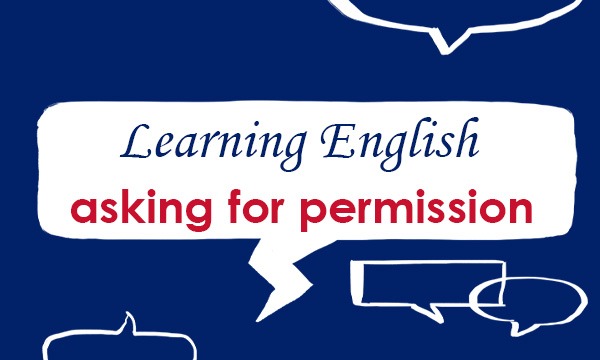
It’s very useful to know how to ask for permission to do something in English. There are a number of phrases you can use.
The most general way to ask for permission is to use Can I … or Can we …?
Can I pay by credit card?
Can I sit here?
Can we camp here?
A more formal way of asking for permission is to use May I … ?
May I borrow this guidebook?
May I take this chair?
May I use your phone, please?
To check if you can do something, use Am I allowed to … or Are we allowed to … ?
Am I allowed to use the washing machine?
Are we allowed to ask questions?
If you want to check that someone will not be unhappy or angry if you do something, use Do you mind if … ?
Do you mind if I park my car here for a moment?
Do you mind if I leave my suitcase here for five minutes?
Do you mind if I arrive a bit later?
A slightly more informal way of asking for permission is to use Is it OK to … ?
Is it OK to borrow a pencil?
Is it OK to take it out of the box?
Is it OK to leave our bags here?
Come back for more blogs on using English in everyday situations: https://blog.collinsdictionary.com/language-learners/learning-english/
All opinions expressed on this blog are those of the individual writers, and do not necessarily reflect the opinions or policies of Collins, or its parent company, HarperCollins.




collins_dictionary_official
The home of living language. #wotd #wordlovers #collinsdictionary
Read our word of the week definitions and blog posts: